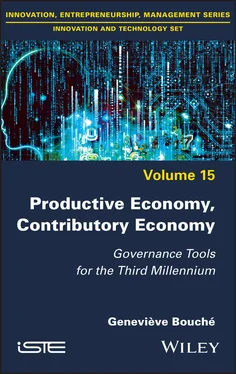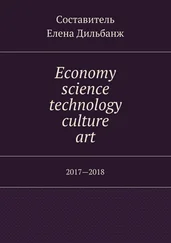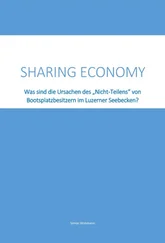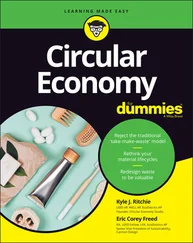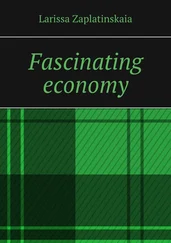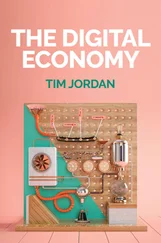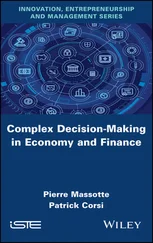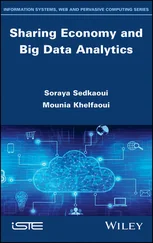The last strictly manmade event that shook almost all of humanity was the last world war. The fifth generation after this event is about to take action. It no longer feels concerned by the ideologies that created this crisis, nor by the arrangements that were imposed on the majority of men, as a way of resolving this tragedy. However, in the long run, these arrangements are no longer acceptable and they prove to be dangerous for Gaia.
Humans have the desire to reconfigure our “living together”. It is in these periods of profound change that opportunities arise for the most determined to act on their desire for renewal. And there are three major opportunities: the evolution of energy, dataand money.
Human life has gradually been organized into geopolitical zones. These zones are rivals and this rivalry is a source of progress for humanity. All of them can take up the challenge of the renaissance that is offered to us. Everything depends on their will.
So, down with the defenders of collapse, the discouraged, the stooges and the opportunists specializing in the defense of their personal interests. The turn that humanity is taking will not be taken with them.
Collectives are springing up everywhere to reflect and try to take action, but they have to reckon with those who hold the current situation in their hands and wish to prolong it. They are practitioners of soft power, which consists of frustrating the agreements that could bring about the renewal we feel we need.
They hide the denials that hinder evolution. They have invented the novlanguage 2for this purpose.
When they are not using novlanguage, they are using fear and guilt.
Faced with this, rigorous thinking is therefore necessary in order to draw up proposals based on correctly argued logic.
The last world war archives are being opened, and our elders, before leaving, are giving us their testimonies. This leads us to note that there are no geopolitical zones that are more intelligent and others that are more backward. But some of these zones are preventing others to flourish and are appropriating their wealth, all kinds of wealth: extractive, human and now immaterial. Opening the archives and letting the elders speak is a way of allowing human life to resume its evolutionary course, to reset priorities and to recreate creative diversity.
We know what to base this renewal on: a new architecture for the production and distribution of energy, another for the collection, processing and distribution of data and a third for the creation, distribution and destruction of money. Because life is energy and information, and therefore also “vehicles” to promote exchanges.
It is this triple system that we must revisit in light of our new worldview to ensure that we are no longer dangers to Gaia, but facilitators to make her healthier than ever.
Science has already told us too much for us to be satisfied with simplistic thinking. We are forced to move to complex thinking, but we have the means to do so, at least more than our elders.
1.1.3. Saving the planet, jobs or our civilization?
Honestly, we do not think about Gaia, we think about our planet because we have the feeling that it is at our service. But she worries us. She changes and forces us to change. But our institutions, made ever more complex by our rulers, encourage us not to change.
In our daily lives, it seems that we need to “save jobs”: everyone seems to agree. And yet, redundancy plans clutter up the news. Even if journalists and ministers try to make each drama specific, everyone understands how the wave of unemployment is unfolding, against which allegations have no effect. Low-cost countries are becoming our own competitors, and now robotization never seems to stop distressing us, the ex-flamboyant Europeans!
Another way should be possible: our communities have unmet needs and our citizens are willing to roll up their sleeves to meet them. The question is how to encourage and reward this form of value creation.
One idea naturally emerges: to redirect the capacities for initiative, freed up by digitization, towards the development of the common good, which will become our new source of competitiveness. This obvious idea seems unattainable and yet quite logical. The solution exists, and we are going to talk about it.
A natural law says that we never give up on progress, we adapt to it, because progress has always ended up improving the living conditions of man, thus allowing him to rise in his human condition.
At the moment, we are witnessing the loss of efficiency of our institutions, which is one of the symptoms of a civilization that is breaking down.
We cannot say with certainty that Western civilization is dying. We can imagine, for example, that it splits into a European and an Anglo-Saxon version.
In June 2019, Sciences & Vie published a dossier devoted to “Collapse”. Several teams of researchers attempt to identify the invariants that have characterized the collapse of prestigious civilizations, which have now fallen into disuse, are still in agony or have disappeared altogether. They point out that the poor distribution of wealthand the depletion of resourcesare the two most dangerous signals.
They note that resilience depends on the ability of citizens to stay connected. Of course: to adapt, you need to be able to innovate, and to innovate, you need to be able to cooperate.
It is therefore on these points that Europe must concentrate in order to bring out a reinvigorated version of its fundamentals: organized and stimulating solidarity, protection of its resources and, if possible, sufficiency for a maximum of vital elements. This requires digital and monetary sovereignty.
But in order to achieve this, we have a number of denials to overcome, while taking care to respect the richness of our European culture.
Initiatives to think collectively are multiplying, which gives hope for the vitality of our fellow citizens. Fragments of ideas are emerging from these movements. Everyone is beginning to understand the complexity of the task and is thus preparing for a change that will require some renunciations while opening up entirely new and promising possibilities.
Among them are the ideologists who boast about getting to the point by proposing short-term solutions and actions. They are not useless. But time should also be spent on deeper thinking.
Europe is the “Old Continent” that dominated the world for 500 years and ended up curled up in its beautiful palaces, with a supposedly eternal elite that is sure to be respected. The transformation we are experiencing is global, and we must provide responses that suit us, but that are compatible with the responses of other geopolitical zones… And vice versa!
So we need to look at our roots, not just the top of our lawn and our neighbors’, then adapt by making trade-offs with our beliefs and values. These trade-offs are going to be locally specific, even though we will draw on the initiatives of others.
The world to come is not based on the same values as the one we are leaving: we have loved wealth, the younger generations prefer prosperity. Wealth is something to be captured, and prosperity is something to be shared.
Changes are going to be made at all levels of our social model: from small details to major upheavals! We are going to have to deal with them if possible without “turning the table” because we do not have the means to do so. This will therefore take a few centuries. We are going to go about it by trial and error, so we must go about it with foresight and determination.
The purpose of this book is to make an inventory of the components of change – perhaps not all of them, there are so many! The aim is to enable everyone to take stock and identify priorities. Indeed, what is most to be feared would be to let ourselves go towards chaos, as has been the case in comparable circumstances in the past and in many places on the planet. Our children would not forgive us this because, unlike our elders, we have the means to know what the risk of a change of erais.
Читать дальше
